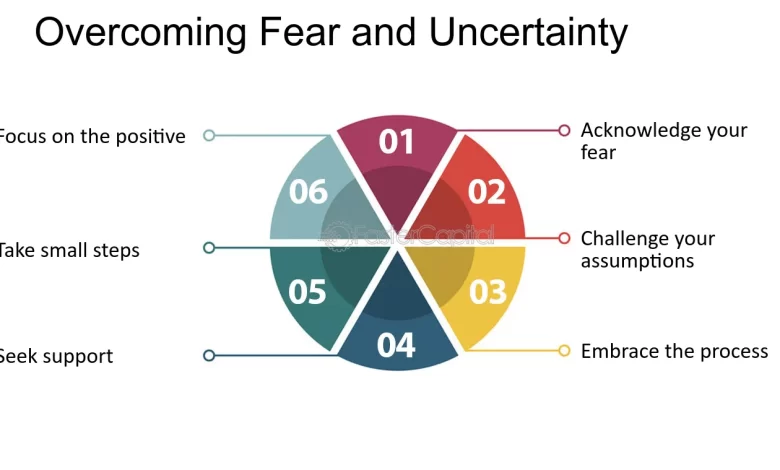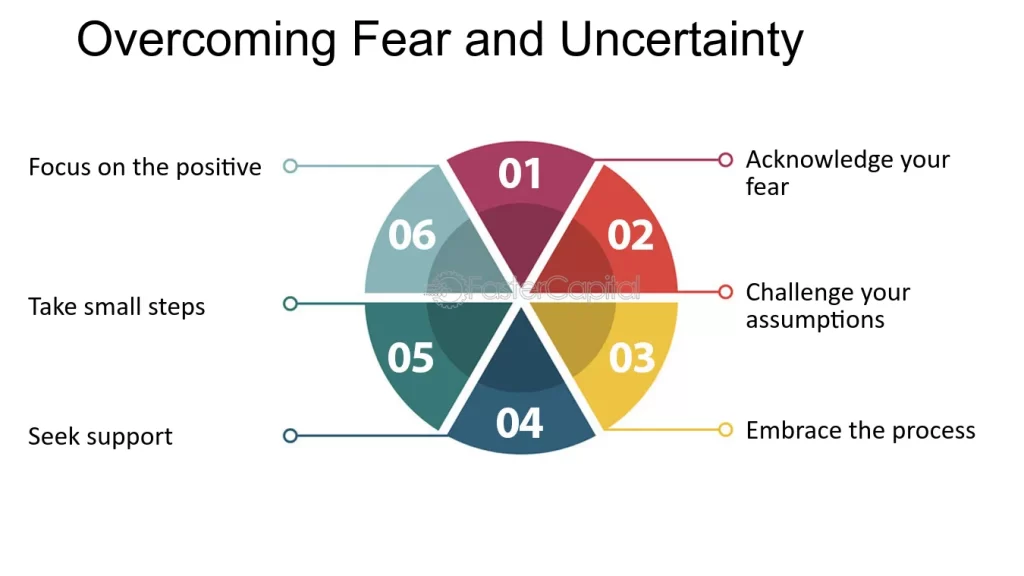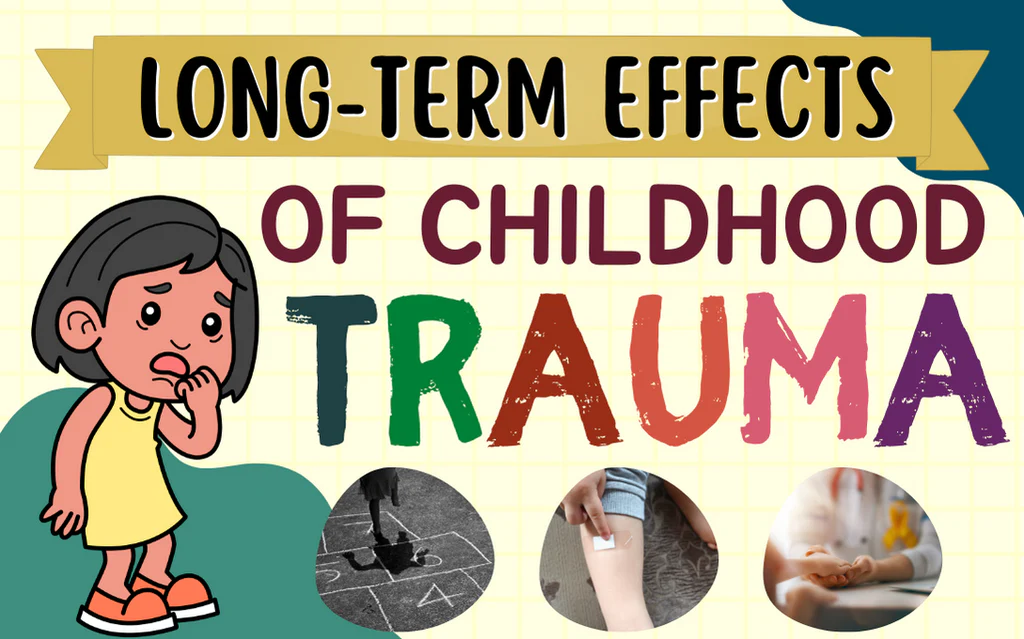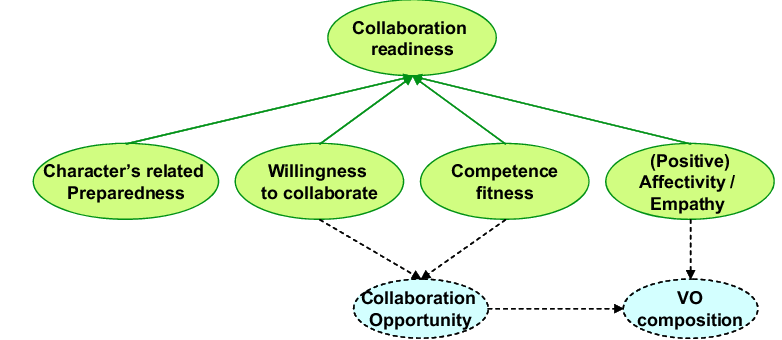Mental Health Consequences of Biological and Chemical Weapons

Introduction:
The purpose of biological and chemical weapons (BCWs) is to cause sickness or disease that will kill large numbers of people. They can cause populations they come into contact with severe psychological damage in addition to immediate physical danger. This article explores the long-term psychological effects on individuals and communities as it analyzes the mental health consequences of BCW attacks.

The Nature of the Threat: Fear and Uncertainty
BCWs, compared to conventional weapons, take advantage of the undetectable forces of toxins and illness to cause a great deal of doubt and anxiety. An additional layer of horror is added by lack of a definite enemy or front. Humans start worrying about potential exposure all the time, which causes:
Heightened Anxiety:
- People who experience chronic anxiety may feel on alert and easily shocked due to the ongoing possibility of a silent attack.
Paranoia and hypervigilance:
- Survivors may develop a mistrust of their environment and an ongoing state of search for indications of disease or contamination.
Obsessive Compulsive Disorder (OCD):
- Repeated actions, such as ritual hand washing or thorough cleaning, can be used as coping strategies to control anxiety and infection fear.

Exposure Causes Psychological Trauma:
If there is an attack, there may be serious psychological damage. Fear of suffering yourself combined with seeing loved ones’ sudden illness and death results in:
Post-Traumatic Stress Disorder (PTSD):
- The disorder is characterized by repeated nightmares, distracting ideas about the incident, and flashbacks that interfere with day-to-day functioning.
Depression and Hopelessness:
- Feelings of despair and hopelessness about the future might result from the loss of a loved one and the worry about long-term health implications.
Survivor’s Guilt:
- Those who survive an attack may suffer from survivor’s guilt, which makes them feel accountable for those who did not.
Effects on Children in the Extended Term
Kids are particularly exposed to the psychological consequences of bullying. Their incapacity to comprehend the disorganized state due to their developing minds results in:
Developmental Delays:
- Learning, memory, and problem-solving abilities can all be delayed as a result of cognitive development disruption brought on by exposure to BCWs.
Attachment problems and Separation Anxiety:
- The dread of being cut off from caretakers during an attack can cause severe attachment problems and separation anxiety, as well as make it difficult to build trustworthy relationships.
Bedwetting and Night Terrors:
- In children, elevated anxiety and nightmares frequently materialize as physical manifestations of sleep disruptions and bedwetting.

Social Stigma and Its Effects on Society
Attacks by BCWs have the potential to seriously harm an area’s social fabric. Concerns about pollution may result in:
Social Isolation:
- People who are afraid of contracting a disease or of being shunned because of their perceived vulnerability may isolate themselves from others.
Stigma and Discrimination:
- Because survivors are thought to be connected to contamination or disease following an attack, they may experience discrimination.
Trust Breakdown:
- Cooperation and recovery efforts can be hampered by fear and suspicion, which can erode trust within communities.
The Function of Treatments in Mental Health
For long-term rehabilitation, it is imperative to address the mental health needs of communities exposed to BCW attacks. This calls for a diversified strategy:
Psychological First Aid:
- After a traumatic event, offering them comfort and support right away might help them get over their first shock and trauma.
Trauma-Focused Therapy:
- Longer therapy sessions may help patients in processing their trauma, creating coping strategies, and overcoming the psychological fallout from the attack.
Community-Based Support Groups:
- Connecting with people who have experienced comparable trauma and exchanging stories can give one a feeling of hope and belonging.
Mental Health Awareness Programs:
- Educating the public about the impact that BCWs have on mental health can help lessen stigma and motivate people to get treatment.
Global Collaboration and Readiness
The impact of BCW assaults is significantly reduced by the actions of the international community. This consists of:
Treaty Enforcement:
- In order to stop such attacks, it is essential to enforce international treaties that restrict the creation and use of BCWs.
Stockpile Destruction:
- Removing BCWs from current stocks lessens the risk of exposure via accident and proliferation.
Building Antidote and Treatment Stockpiles:
- Having medical countermeasures on hand can assist prevent lives and lessen the psychological and physical effects of an attack.

Additional Matters to Consider Of:
- Provide examples of actual BCW attacks (such as the Tokyo subway attack with sarin gas) and the long-term psychological effects they had on the survivors.
- Talk about the worldwide legal framework that forbids the use of BCWs and the ethical issues surrounding their usage.
- Just briefly discuss the financial implications of meeting population demands for mental health.
Conclusion:
Attacks by BCW can leave psychological wounds that endure for generations. Effective mental health interventions, readiness, and a worldwide commitment to non-proliferation are necessary to save communities from these horrifying weapons. Communities may heal and start over by prioritizing mental health assistance and recognizing the invisible wounds left by BCW attacks.
What are the psychological effects of chemical weapons?
Research indicates that individuals who experienced both high-intensity conflict and chemical weapons were more likely than those who only experienced high-intensity warfare to experience lifetime PTSD, current PTSD, elevated anxiety, and depressive symptoms [10–13].
How do biological weapons affect health?
Biological agents that cause a lot of deaths quickly, such as the plague, anthrax, and botulinum toxin, can be very problematic for public health. Epidemics can be caused by biological agents that have the capacity for secondary transmission.



